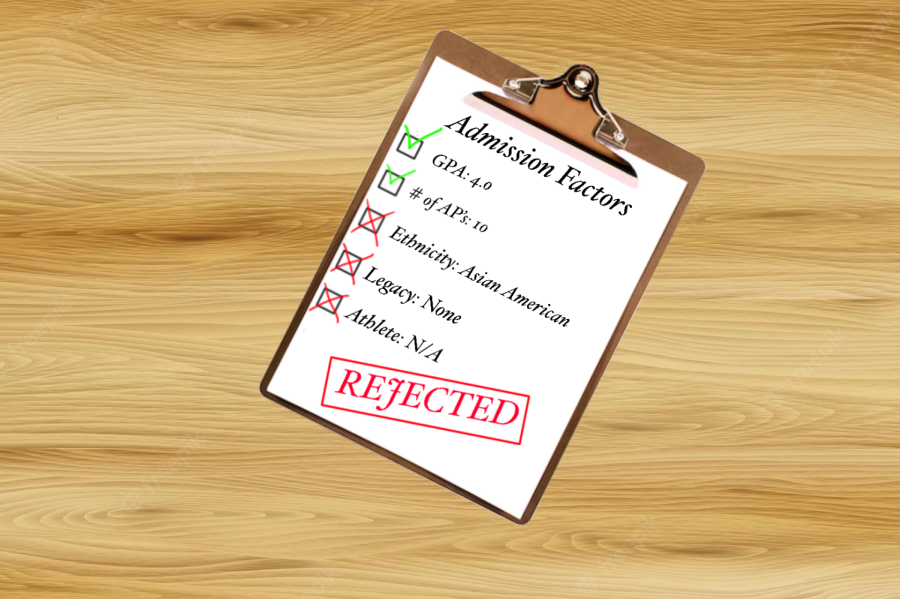Supreme Court hears affirmative action case
The Supreme Court heard two cases of affirmative action on Oct. 31 regarding Harvard University and University of North Carolina (UNC), where it will decide whether the race conscious admissions policies enacted by these two universities are constitutional or not. The plaintiff for both of these cases is a group called Students for Fair Admissions (SFFA), a nonprofit that aims to remove race and ethnicity as a factor for university admissions.
Though heard as one case, Harvard and UNC are accused of different things; SFFA asserts that UNC’s holistic approach discriminates against White and Asian applicants by favoring minority students. Harvard is accused of discriminating against Asian Awmericans by purposefully giving them a low personal rating, which is based on subjective factors such as courage, likability, and leadership.
Previous cases such as Fisher v. University of Texas have shown race or ethnicity as a factor in admissions for diversity is constitutional, but racial quotas are unconstitutional. Were affirmative action to be overturned, all the cases set as precedent could be revisited, prohibiting race as a factor in university admissions.
Supporters of affirmative action claim the numerous benefits of having a diverse school, and how race is somewhat correlated with socioeconomic status that puts minorities at disadvantage to Whites and Asian Americans, while critics question the value of diversity.
The Supreme Court is set to make a decision next year, where it may affect the class of 2024 students in their university admissions.
“While affirmative action is disadvantageous for many of us in SIS, I do understand the line of reasoning, “ Ian Park (11), an anxious junior, said. “Colleges would be a more pleasurable experience if we met people from different cultures, especially since many students in SIS are Korean. I want to have new perspectives.”

Andrew is a senior reporter for Tiger Times Online. He enjoys cycling, watching anime, and listening to some ? jazz ? in his off-time. Feel free to approach...

